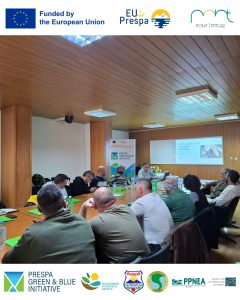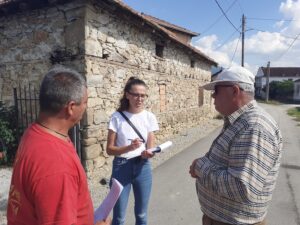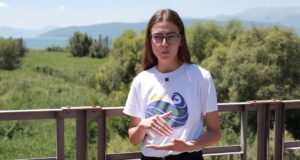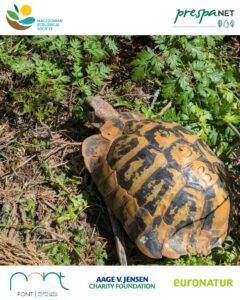
Roundtable “Large Mammals in Prespa: Status, Challenges, and the Role of the Community in Their Protection”
Today, in the Small Hall of the Municipality of Resen, we held a roundtable on the topic “Large Mammals in Prespa: Status, Challenges, and the Role of the Community in










